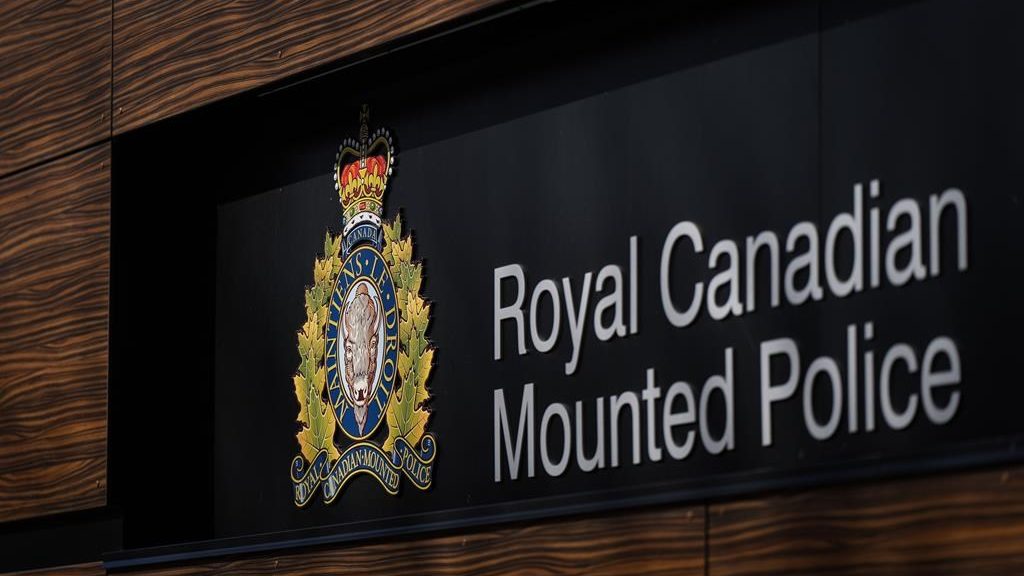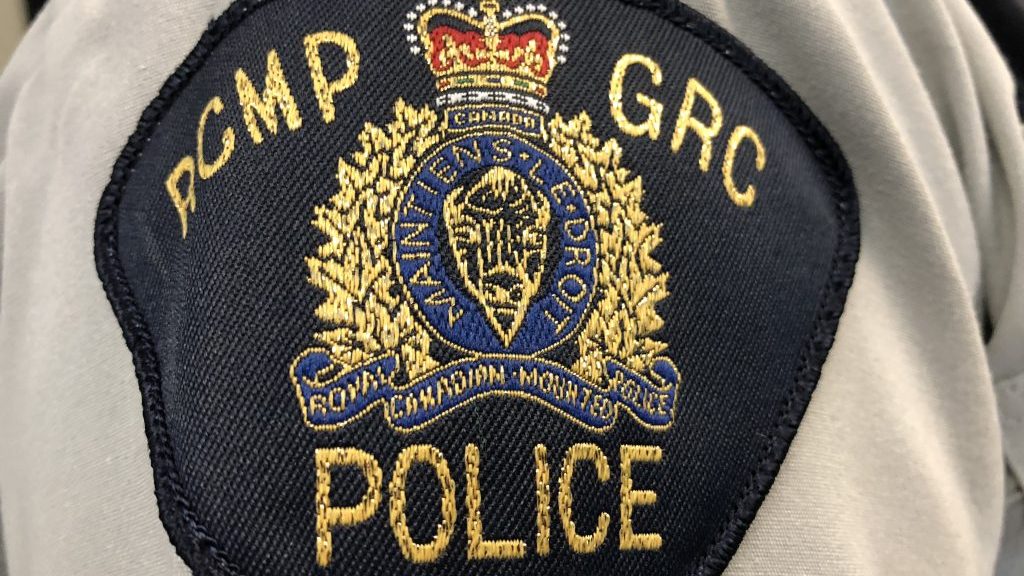Nova Scotians who get AstraZeneca vaccine asked to monitor for symptoms
Posted Mar 30, 2021 03:52:00 PM.
Nova Scotians who choose to get the Oxford-AstraZeneca COVID-19 vaccine are being asked to monitor for symptoms after an increase in reports linking it to rare blood clots in Europe.
“Most of the cases have been in women under age 55 and about 40 per cent of them have died,” said Dr. Robert Strang, the province's chief medical officer of health.
“At this time a definitive link between the vaccine and the blood clotting events has not been made, but it is very suggestive, the evidence to date.
At a Tuesday briefing, Strang assured there have been no reports of blood clotting events reported in Canada associated with the AstraZeneca vaccine, and none in the world linked to the Pfizer or Moderna mRNA vaccines.
On Monday, the National Advisory Committee on Immunization recommended provinces and territories not give the vaccine to anyone under the age of 55.
“This change does not mean that the AstraZeneca vaccine isn't safe or isn't a good vaccine,” Strang stated. “It means that we are seeing something rare in a certain subset of the population that we need to monitor and get more information about.”
“Until we do that, the safest, most transparent thing to do is limit the use of the vaccine.”
Here in Nova Scotia, the plan has been to administer it to those between the ages of 55 and 64, however so far only those aged 60 to 64 have been eligible to register for an appointment.
Strang said yesterday's announcement might be scary for some, especially if they've already had their first dose.
“But we're fortunate that in Nova Scotia, our use of the AstraZeneca vaccine has been focused on those aged 60 to 64, which is well within the age range recommended for use,” he explained.
“And when we get more AstraZeneca vaccine in Nova Scotia, we will continue to focus on the ages of 55 to 64 for those who feel this vaccine is right for them.”
Anyone who has received the AstraZeneca vaccine in the last 20 days, or plans to get one in the future is asked to monitor for the following symptoms:
- Shortness of breath
- Chest pain
- Leg swelling
- Sudden onset of severe or persistent headache or blurred vision
- Skin bruising other than at the site of vaccination
In the unlikely event symptoms develop, seek immediate medical attention.
Strang said Canada's response to the AstraZeneca is exactly how the system is designed to work.
“When we have a serious safety signal, we will take precautionary steps and continue to monitor evolving science and evidence,” he said.
“And we will always keep Nova Scotians informed about any significant adverse events that may impact the use of the vaccine so Nova Scotians can make informed choices.”
Health Canada has asked AstraZeneca to do a detailed study on the risks and benefits of its product by age and gender.
About 1.5-million doses are scheduled to arrive in Canada today.










